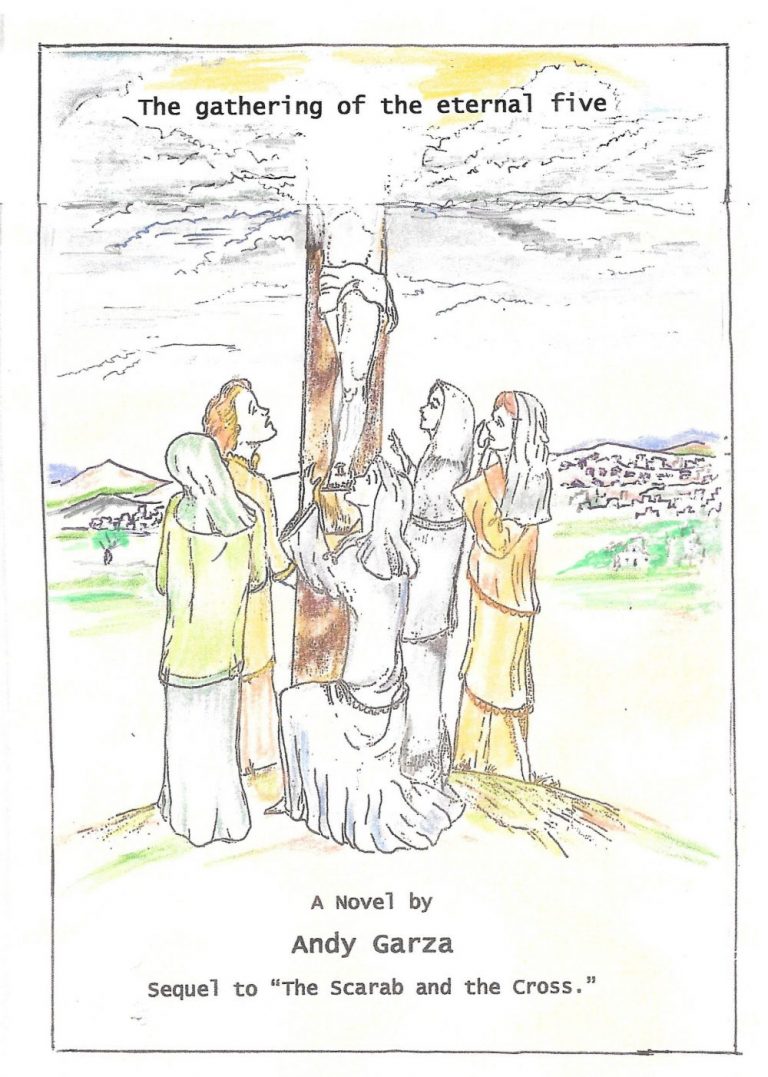Prescriptive Grammar
This post uses the phrase “prescriptivist blowhards,” which I wish I had coined, about this prescriptive nonsense, which surely deserved it.
The meanings of words are determined by the way in which they are used.
Syntax is determined by the way people actually write and talk.
Prescriptive grammarians can yell and talk all they want, but it will still work that way, just as it always has. “They,” for example, is a plural pronoun because people used it that way. It can become a singular pronoun in certain circumstances for no better reason than that, surprise, people use it that way.
I do want grammarians and grammar teachers to be a bit conservative about the language. They shouldn’t be early adopters of every new way of expressing a thought. But uptight prescriptions are just silly, and can, nay should be ignored.
(I think much the same way about artistic and literary value.)
Discover more from The Jevlir Caravansary
Subscribe to get the latest posts sent to your email.



I couldn't agree more! I put forth this idea in an entry on the definition of faith several months ago. Like you, I waver somewhere between linguistic purism and linguistic anarchism (if one could call it that), and as a future teacher of English, I struggle with the line between "proper" use of language (that is, language that largely panders to the type of prescriptive blowhards – the ones who have influence – that you allude to) and the "common" use of language, which I feel is very intuitive in a lot of ways, despite obvious differences in dialect and usage by region and subgroup.
On the other hand, I don't know how I feel about "they" as a singular pronoun for the same reason I struggle with the use of "media" as a singular noun (e.g. "The media is liberal/conservative") versus other parallel plural nouns (for instance, should we speak of a criteria for something?). It gets a little sticky at some points, and certainly linguistic purism would be a simple solution in regards of standardization (although it would be hell in terms of practical usage and educaion – yikes).
Christian Cynic:
I don't entirely like the singular they, but I do find myself using it from time to time. The question is what will become the most common. Then we can prescribe that!
J. K. Gayle:
Appreciate the link. Interesting proposal on "yo." It will be interesting to see which way the language goes.
In a class I taught a couple of years ago, I took an informal survey and found the group pretty evenly divided on whether they understood "brothers" to refer to everyone, or only to the men. The split was about 50/50 with a clear bias in age. Almost all the younger folks no longer would accept "brothers" as inclusive.
I'd like a gender neutral word there too.